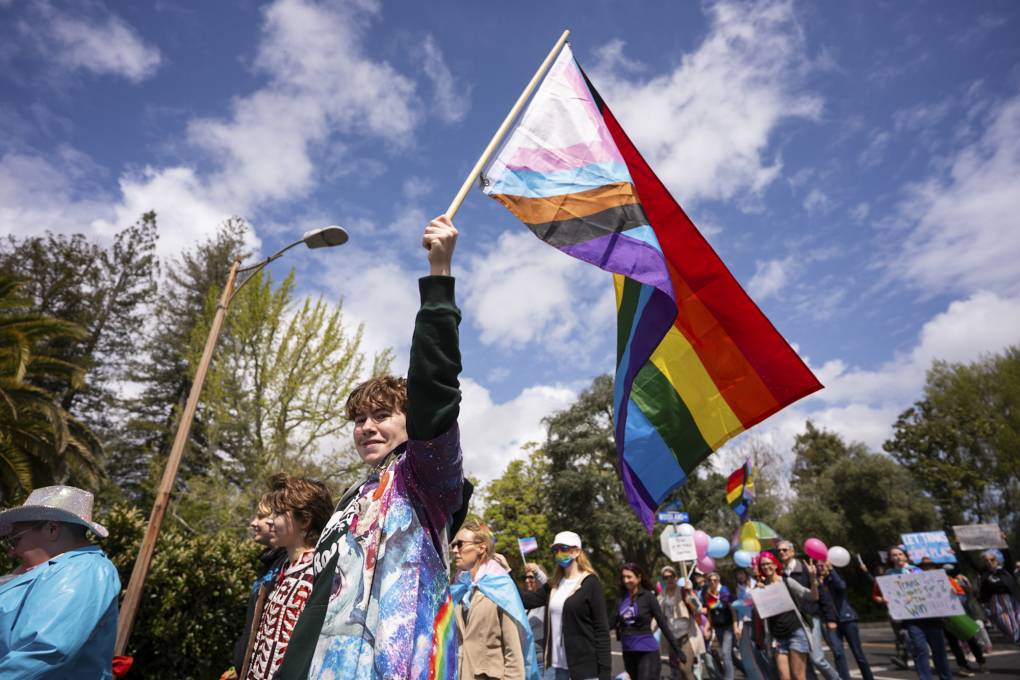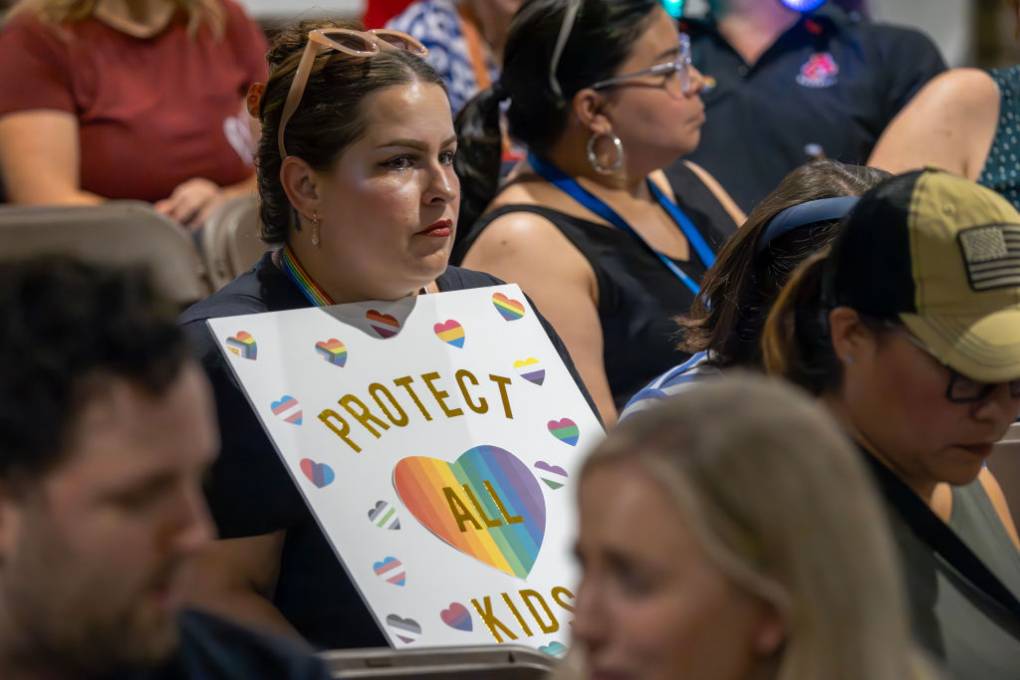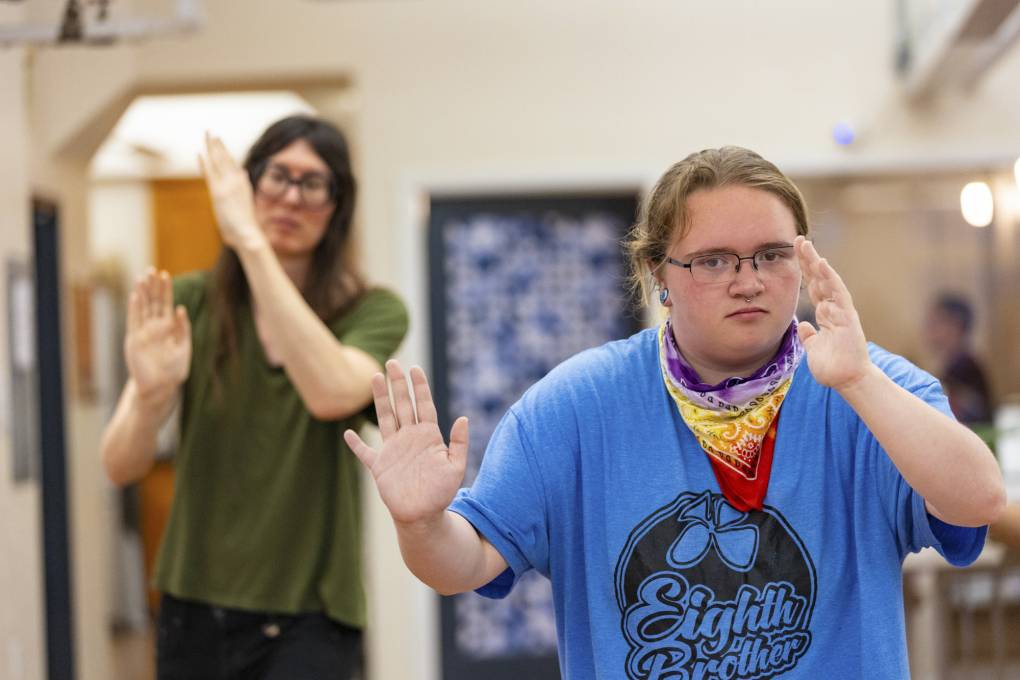California Gov. Gavin Newsom announced a posthumous pardon Wednesday for the late civil rights leader Bayard Rustin, who in 1953 was jailed and registered as a sex offender for having consensual sex with another man.
Gay Civil Rights Leader Bayard Rustin Pardoned for 1953 Sex Conviction
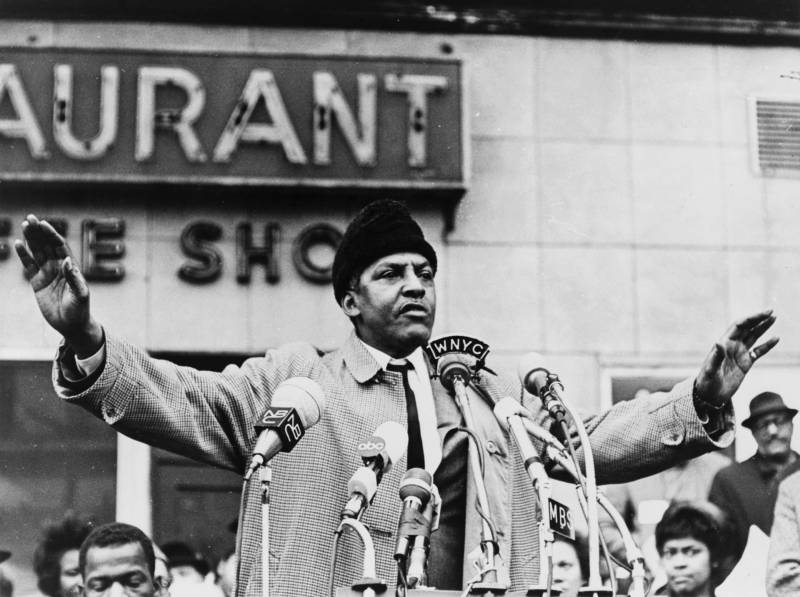
The pardon of Rustin, who helped organize the historic March on Washington in 1963, marks the beginning of a Newsom initiative aimed at pardoning others who were convicted of crimes in California for being gay.
“In California and across the country, many laws have been used as legal tools of oppression, and to stigmatize and punish LGBTQ people and communities and warn others what harm could await them for living authentically,” Newsom said in a statement. “I want to encourage others in similar situations to seek a pardon to right this egregious wrong.”
The Newsom administration is pledging to identify and pardon other individuals who were prosecuted for consensual sex with a partner of the same sex — a statute that was wiped off California’s books in 1975.
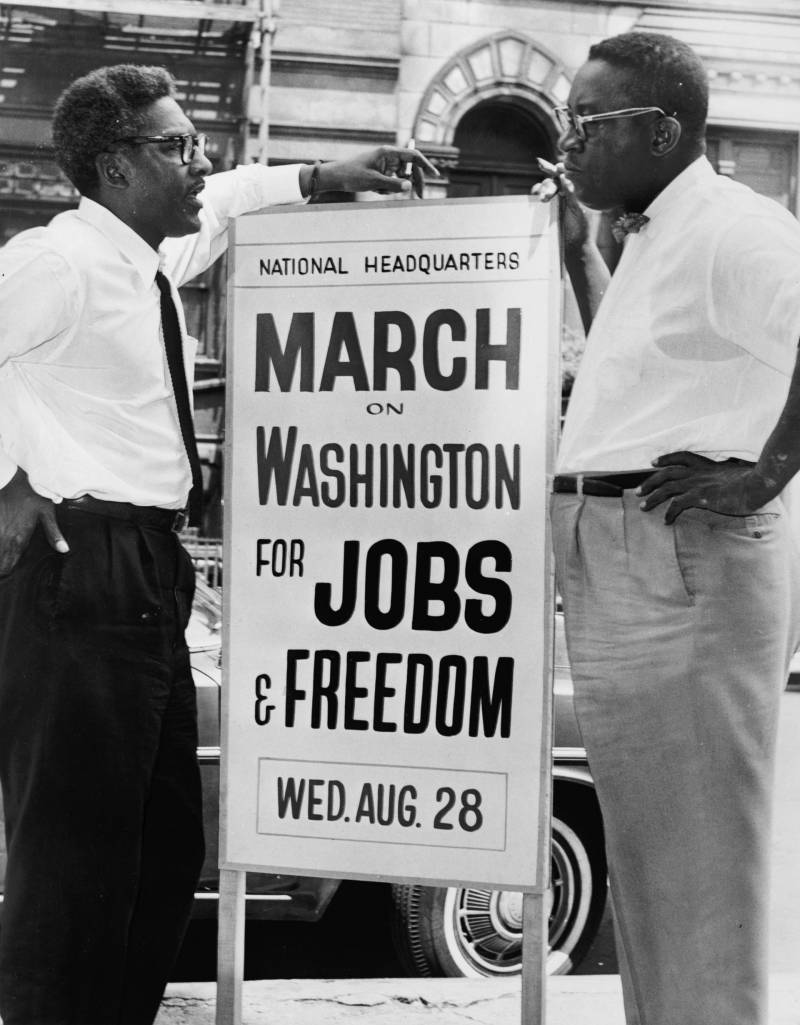
More than two decades earlier, in January 1953, Rustin was arrested in Pasadena after police found him having sex with another man in a car. Rustin spent 50 days in county jail and was forced to register as a sex offender.
In the years after the arrest, Rustin emerged as a leader in the nation’s civil rights movement. He advised Martin Luther King Jr. on tactics of non-violent protest and then worked with King to organize the Montgomery bus boycott and create the Southern Christian Leadership Conference.
But throughout his career, Rustin was marginalized because of his sexual orientation by both civil rights opponents and allies in the movement.
According to The Washington Post, King was pressured to distance himself from Rustin, who resigned from the Southern Christian Leadership Conference in 1960.
But three years later, Rustin played a key role in organizing the March on Washington, where King delivered his famous “I Have a Dream” speech.
The week after the march, Rustin graced the cover of Life Magazine with fellow activist A. Philip Randolph.
Rustin died in 1987. President Barack Obama awarded him the Presidential Medal of Freedom in 2013.
The push to pardon Rustin was brought to Newsom by state Sen. Scott Wiener, D-San Francisco, chair of the California Legislative LGBTQ Caucus, who partnered with Assemblywoman Shirley Weber, D-San Diego, chair of the California Legislative Black Caucus.
“I’m thrilled that Gov. Newsom is pardoning Bayard Rustin and that he acted so quickly and decisively in response to our request,” Wiener said in a statement. “Generations of LGBT people — including countless gay men — were branded criminals and sex offenders simply because they had consensual sex. This was often life ruining, and many languished on the sex offender registry for decades. The Governor’s actions today are a huge step forward in our community’s ongoing quest for full acceptance and justice.”
Weber noted that “Rustin was a great American who was both gay and black at a time when the sheer fact of being either or both could land you in jail.”
“This pardon assures his place in history and the Governor’s ongoing commitment to addressing similar convictions shows that California is finally addressing a great injustice,” she added.
